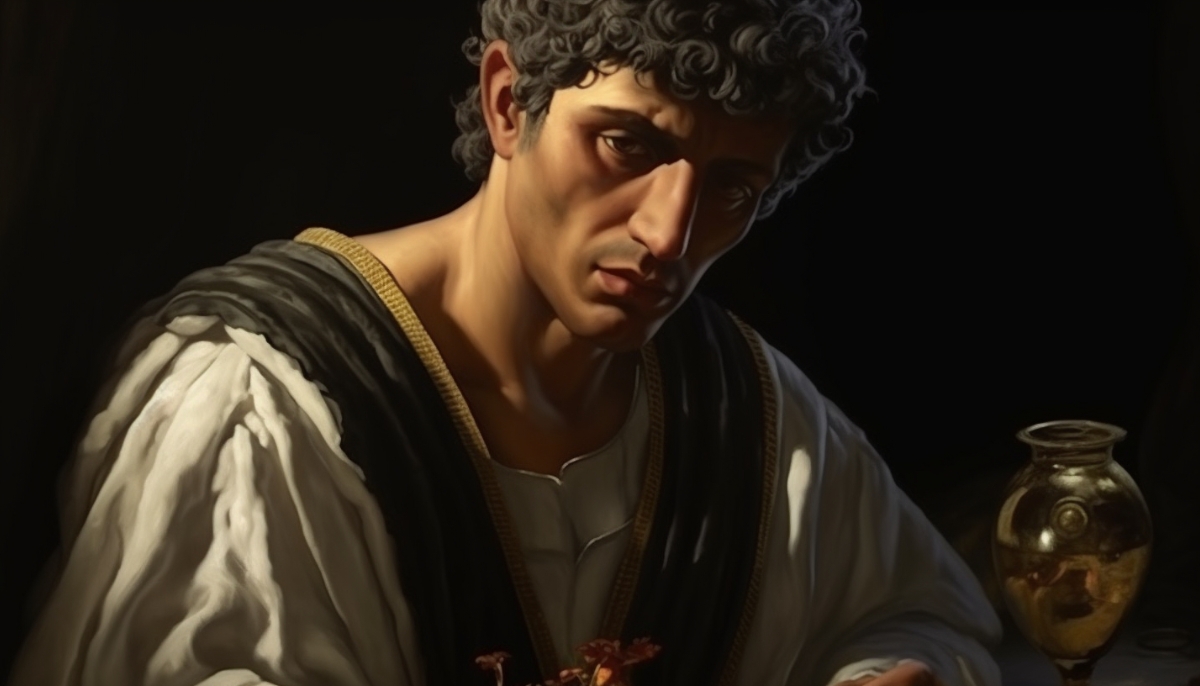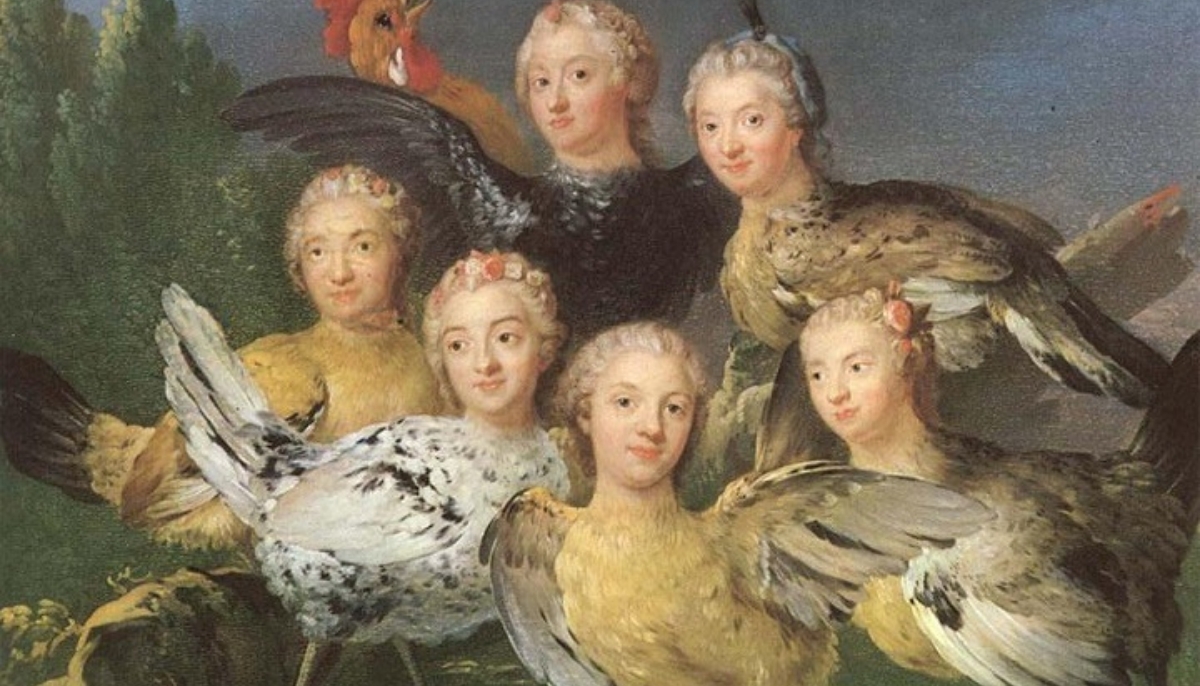Ptolemy Soter was one of the most prominent successors of Alexander the Great, known as the Diadochi. His life spanned a time of great upheaval and conflict as the successors of Alexander fought for control of his vast empire.
Ptolemy played a vital role in this struggle, and his success in establishing the Ptolemaic dynasty in Egypt would have a lasting impact on the region for centuries.
In this article, we will explore the life of Ptolemy Soter, from his early years to his time serving in Alexander’s army, his role in the Wars of the Diadochi, and ultimately his founding of the Ptolemaic dynasty in Egypt.
The early life of Ptolemy
Ptolemy I Soter, also known as Ptolemy Lagides, was a Macedonian Greek general and one of Alexander the Great’s most trusted commanders.
He was born in 367 BC in the ancient city of Megalopolis in Greece. Ptolemy was the son of Lagus, a Macedonian nobleman who served as a close advisor to King Philip II of Macedon and later to his son, Alexander the Great.
Ptolemy grew up in a wealthy and influential family and was educated in the Greek tradition.
Ptolemy Soter was a close friend and confidant of Alexander the Great and one of his most trusted generals.
However, their relationship was not always smooth sailing. At one point, Alexander exiled Ptolemy for his poor advice regarding a marriage alliance. Only after Alexander ascended to the throne was Ptolemy allowed to return to his side.
The role of Ptolemy in Alexander the Great’s military
Ptolemy played a significant role in several critical battles of Alexander’s campaigns. He fought in the Battle of Issus in 333 BC, where he commanded the Macedonian phalanx and was crucial in securing Alexander’s victory.
Ptolemy was also present at the Oasis of Siwa, where Alexander visited the oracle of Ammon and was proclaimed the son of Zeus.
During Alexander’s last campaign in the Zagros Mountains, Ptolemy had risen to second in command and was instrumental in helping Alexander achieve his final victory. He also played a role in suppressing revolts in Sogdiana and Bactria.
Life after the death of Alexander
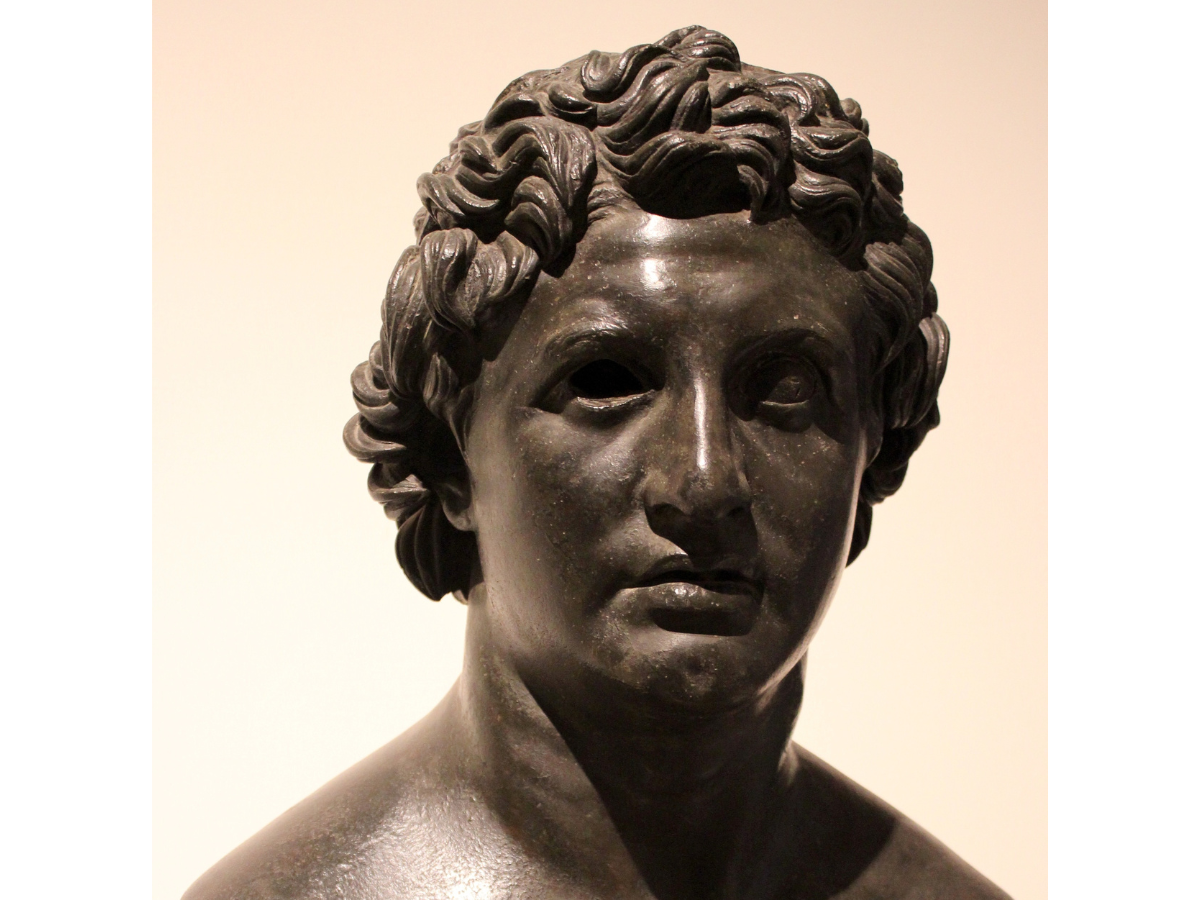
After the death of Alexander the Great, Ptolemy was quick to establish himself as an influential leader in the wars of the Diadochi or the wars of the successors.
- Discover Ptolemy I Soter’s involvement in the mysterious disappearance of Alexander the Great’s body
He initially proposed to replace the Macedonian monarchy with a council of aristocratic leaders, but this proposal was quickly rejected. So, instead, he was awarded the wealthy satrapy of Egypt, which he ruled as a semi-independent kingdom.
- What if Alexander the Great didn’t die?
- Could Alexander the Great have conquered Rome?
- Could Alexander the Great have conquered India?
Ptolemy and the First War of the Diadochi (321–319 BC)
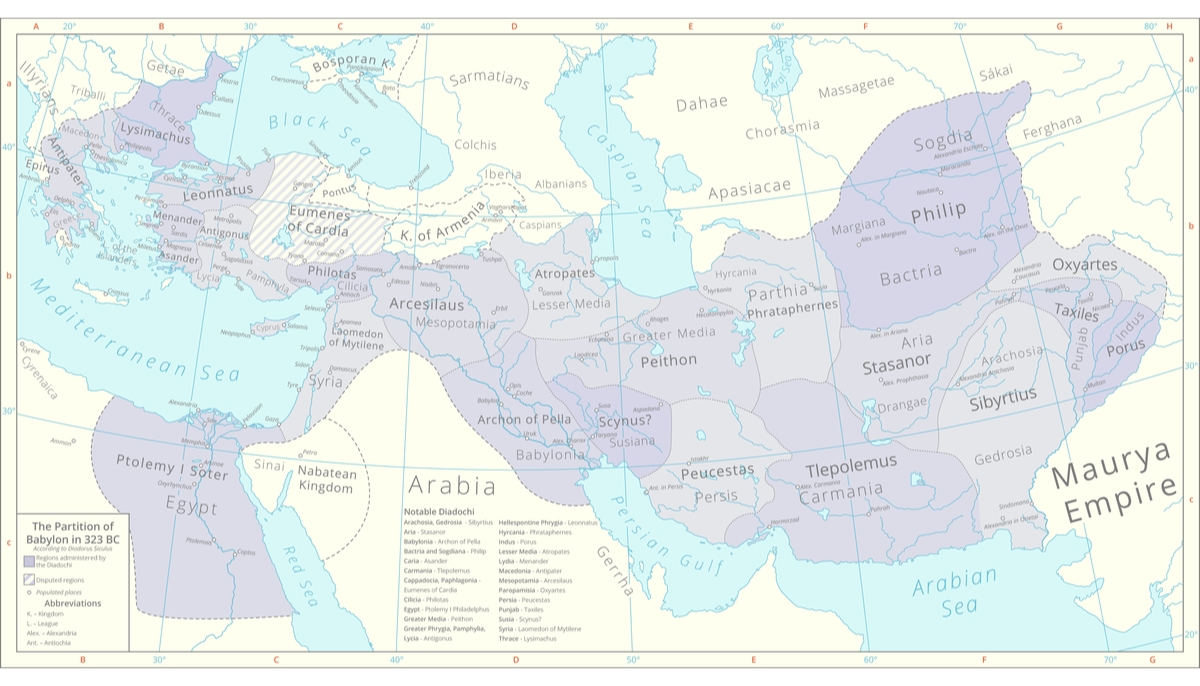
Ptolemy’s role in the First War of the Diadochi was critical in securing his position as one of the most powerful and influential leaders in the aftermath of Alexander’s death.
Following the division of Alexander’s empire and the appointment of satraps to various regions, Ptolemy was named the satrap of Egypt.
However, his position was challenged by Perdiccas, who was named the regent and tasked with protecting Alexander’s son and heir, Alexander IV.
Coalition against Perdiccas
In response to Perdiccas’ attempts to consolidate power and impose his authority, Ptolemy joined an anti-Perdiccas coalition with Craterus, Antipater, and Antigonus. When Perdiccas attempted to invade Egypt to overthrow Ptolemy, he failed multiple times to cross the Nile and lost many men. Perdiccas’ generals eventually turned on him, betraying and assassinating him.
After the death of Perdiccas, Ptolemy was offered the regency, but he wisely refused the position. He knew consolidating his power in Egypt was more important than trying to succeed Alexander or control the entire empire. So, instead, he focused on building his support in Egypt, where he was widely popular for his rule.
Ptolemy’s refusal of the regency was a strategic move that allowed him to build his power base and establish himself as a critical player in the shifting political landscape of the Diadochi. It also allowed him to focus on securing the borders of Egypt and expanding his influence in the region.
Ptolemy and the Second War of the Diadochi (318–316 BC)
During the second war of the Diadochi, Ptolemy did not play a significant role in the conflict, but he was still an important figure. He allied with Cassander and Antigonus against Eumenes and Polyperchon.
Ptolemy won some naval battles and gained territory on the Syrian coast as the central war was fought in Europe.
Shifting Alliances
Ptolemy’s involvement in the war was limited, but his support for the victorious Antigonus was important. Ptolemy took in the fleeing Seleucus, who would later become a powerful ruler in his own right.
However, Ptolemy’s alliance with Antigonus was short-lived, and the two would soon find themselves on opposing sides in the third war of the Diadochi.
Despite this, Ptolemy’s support for Antigonus in the second war helped cement his position as one of the most powerful rulers in the Greek world.
Ptolemy and the third war of the diadochi (315–311 BC)
The Third War of the Diadochi marked a pivotal moment in the history of the successor kingdoms. The increasing power of Antigonus, who controlled a vast empire encompassing most of Asia Minor, Syria, and the eastern Mediterranean, had become a concern for his rivals.
Ptolemy, along with Cassander and Lysimachus, declared war on Antigonus, with Seleucus likely warning of the danger of Antigonus’s unchecked power.
Antigonus responded by invading Ptolemaic Syria and laying siege to Tyre. In response, Ptolemy launched a sizeable naval attack focused on Cilicia. A significant battle ensued in Gaza between Ptolemy and Antigonus’s son, Demetrius, which ended in a stalemate.
Stalemate
With neither side able to gain a decisive advantage, Antigonus agreed to a peace treaty with the coalition. Seleucus returned to his satrapy of Persia, but the balance of power among the Diadochi had shifted. Antigonus had lost significant territory in Syria and the Levant, and Ptolemy had emerged as a critical player in the region.
Although Ptolemy did not play a significant role in the ground war, his naval prowess proved vital in securing his territories and preventing Antigonus from expanding further.
The peace treaty marked a brief period of stability, but tensions continued to simmer, eventually leading to the Fourth War of the Diadochi.
Ptolemy and the fourth war of the diadochi (307–301 BC)
Ptolemy had already established himself as a powerful ruler, always looking for opportunities to expand his empire. In 312 BC, he unsuccessfully attacked Carthage on the North African coast but successfully invaded Cyprus and some Greek islands.
This sparked the fourth war of the diadochi, with Antigonus and his son Demetrius facing Ptolemy and Cassander.
Rise of Demetrius
Demetrius, who had inherited his father’s military prowess, quickly knocked Cassander out of the war with a victory at Athens. He then turned his attention to Cyprus, which he recaptured, and won a comprehensive victory over Ptolemy’s navy.
Ptolemy fled back to Egypt, and Demetrius and Antigonus moved swiftly to finish him off. However, a freak storm sank the ships carrying their supplies, which saved Ptolemy.
Meanwhile, Lysimachus of Thrace and Seleucus of Persia entered the war, fearing that a total Antigonus victory could make him far too powerful.
Fall of Antigonus
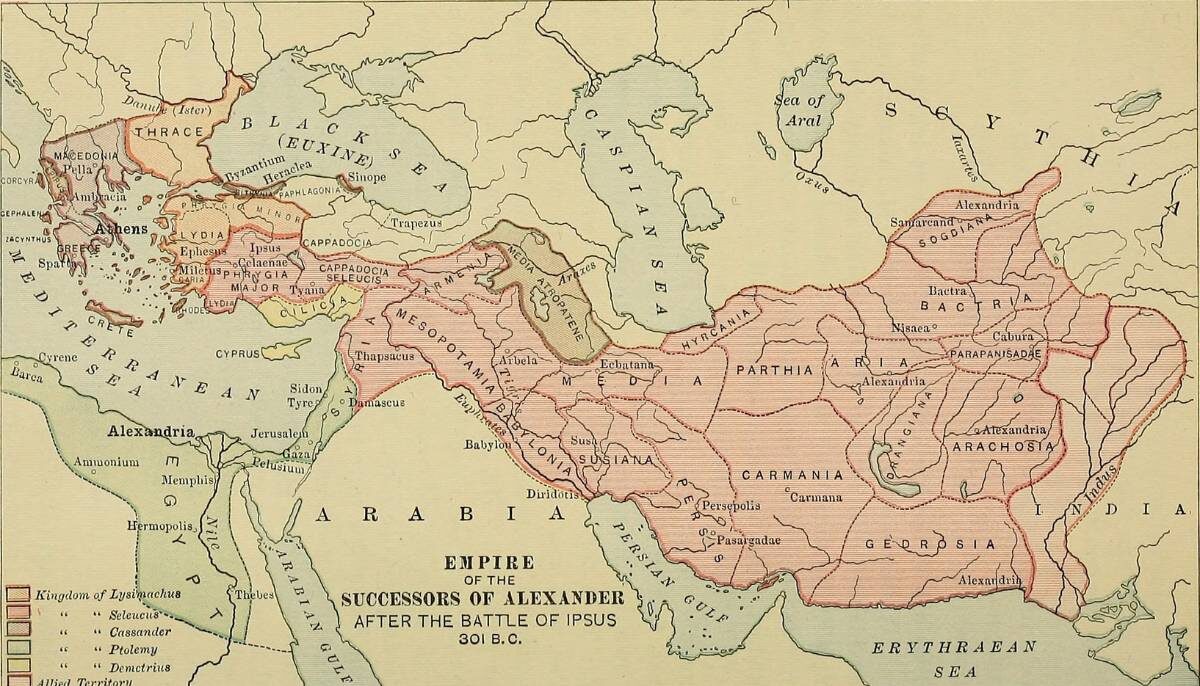
The main area of the war shifted towards Greece, and the decisive battle was at Ipsus, in Phrygia, in 301 BC.
At Ipsus, the forces of Seleucus defeated and killed Antigonus. Alexander’s empire would never be united, and the victors, Lysimachus, Cassander, Seleucus, and Ptolemy, carved up the lands of Antigonus.
Legacy of Ptolemy I Soter
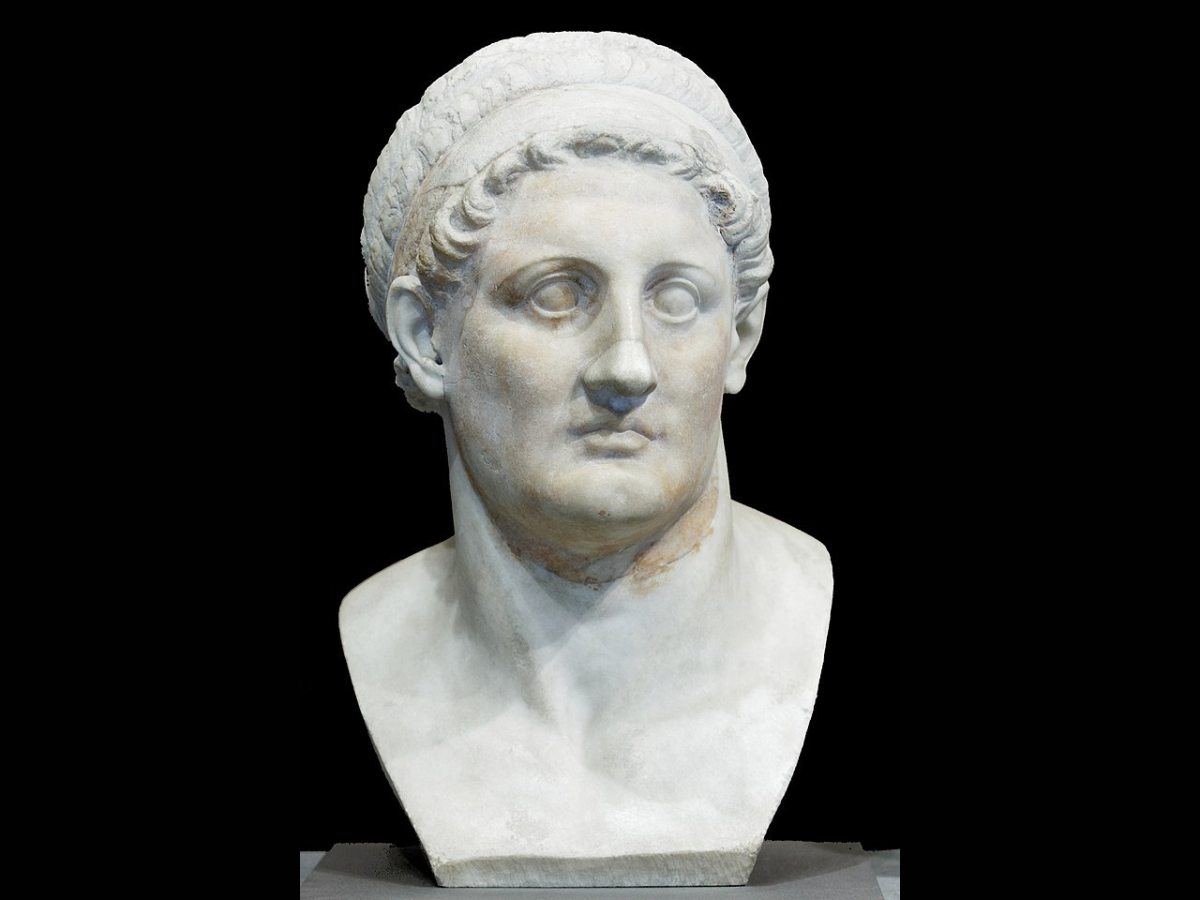
While the end of the Fourth Diadochi War marked the dissolution of Antigonus’s empire and the division of his territories among the victors, it did not mean lasting peace in the region. The successors of Alexander continued to wage war against each other for control of territory and power.
Continued War
Seleucus faced numerous conflicts after the Fourth War. This included a war against Demetrius, who had briefly turned to piracy before returning to power. Cassander and Lysimachus also engaged in various conflicts in the aftermath of the war.
Despite this ongoing instability and violence, Ptolemy managed to maintain a relative degree of stability in Egypt.
The Ptolemaic dynasty focused on consolidating their power in Egypt, building a strong navy to protect their trade interests, and expanding their influence in the eastern Mediterranean through diplomacy rather than warfare.
The death of Ptolemy I Soter
Ptolemy I Soter died in 283 BC at the age of 84 after ruling Egypt for almost 20 years. He was succeeded by his son Ptolemy II Philadelphus, who continued his father’s policies of promoting Greek culture and strengthening Egypt’s economy and military.
Ptolemaic Art and Literature
Under Ptolemy II’s rule, the Library of Alexandria was founded and became one of the ancient world’s most renowned centers of learning.
The Ptolemaic dynasty ruled Egypt for almost three centuries, from 305 BC until the Roman conquest in 30 BC. During this time, the Ptolemies maintained a sophisticated, Greek-speaking court in Alexandria, a center of learning and culture and a hub of international trade.
The Ptolemies were known for their patronage of the arts and sciences, including mathematics, astronomy, and medicine, and they were vital in spreading Greek culture throughout the eastern Mediterranean world.
